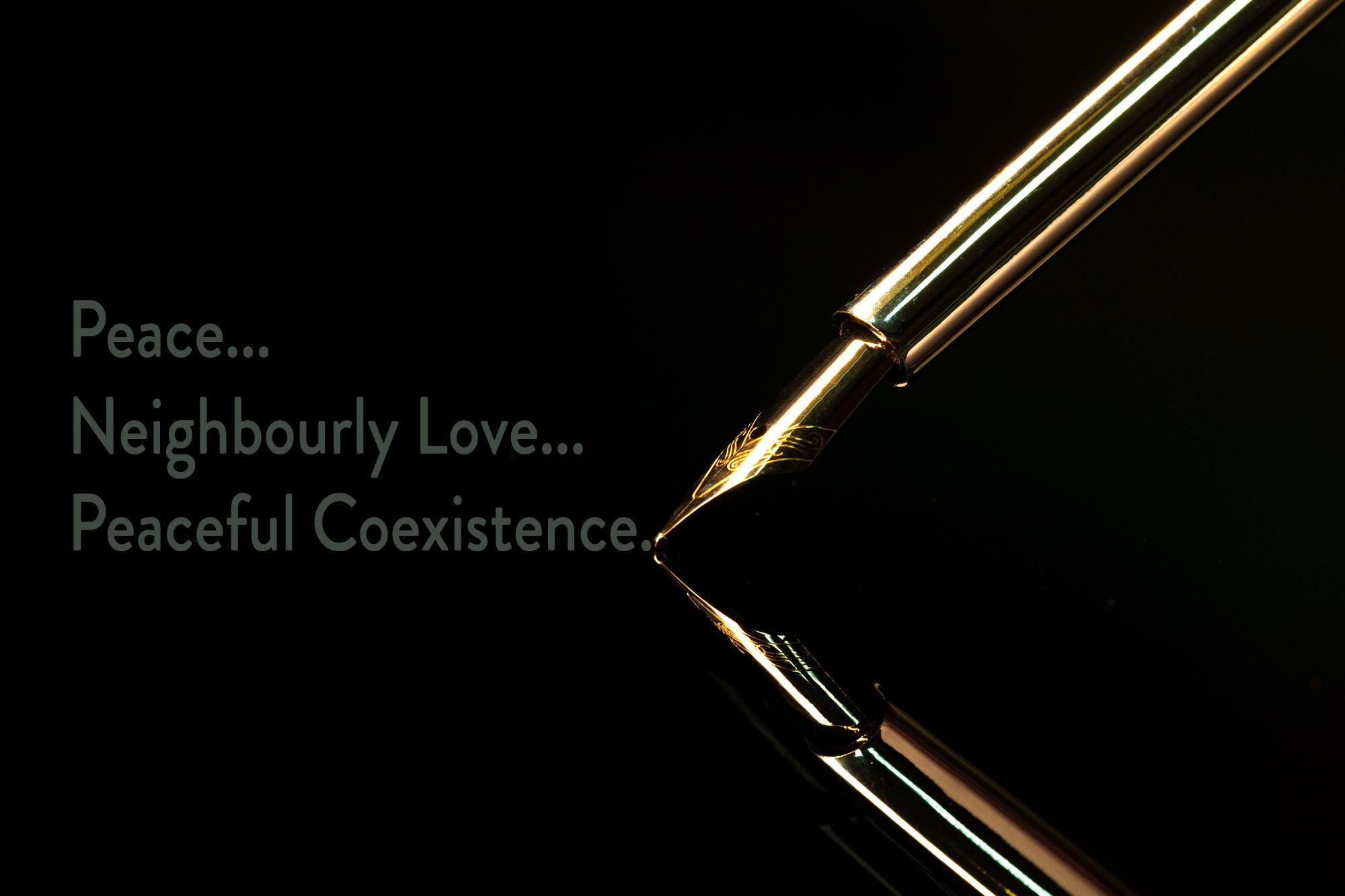
I am part of a family that for hundreds of years has been busy to educate and learn and further culture, arts and knowledge, basically across half of Europe.
When I was still a girl, I often felt overwhelmed and intimidated by all the possible knowledge domains that are there these days, all the facts, figures and rules of art one would learn, languages and their often hidden meaning. Mathematics, physics, chemistry, in short: all the subjects of the higher holistic academic education, based on humanist principles, in turn based on Wilhelm von Humboldt’s Humboldtian education ideal of the nineteenth century.
I often asked myself: will I ever be able to learn and understand all these facts? Apart from the possible interpretations and philosophical consequential thoughts one might develop. My parents used to discuss philosophical matters, such as epistemology, the limitations of knowledge, as opposed to wisdom, terminology questions, or language, society and its roots, politics, arts, sciences, literature…
I’ve learned in the meantime that for all the high ideals and aspirations, growing up does for us what we need: knowledge becomes ‘manageable’, categories form in the mind and thus build a solid structure, slowly but surely, if we continue.
I also learned early in life about Socrates and his (alleged) dictum:
“I know that I know nothing.” Although proper research does not find this to be part of the Plato texts, it is widely acknowledged as a short gesture of respect towards previous philosophers and scientists, in the sense that a wealth of knowledge exists and one human being would not be enough to imbibe it all.
Some people have answered the question ‘why study’ in a more generic way:
‘Being educated is a worthy and dignified asset and a proper value of distinction.’
Some find:
‘It can be crucial for a life in wealth or even riches’ – which is the, alas, modern, utilitarian variety of the reason for education.
But somehow these answers weren’t enough for me. They seemed to reduce knowledge and wisdom to something ‘countable’.
For myself I have found a basis for education that is rooted in a belief and experience, especially those blessed with wealthy families and upbringing, may not easily share:
‘Education can make the fundamental difference between the ‘unbearable lightness of being’ – and the ‘unbearable heaviness of being’.’
Why? How?
Lightness of being may be felt by those, who live in comfortable circumstances, who do not know, what real want or need of the fundamental necessities in life feels like. And who may even be tempted to idle away their lives in constant partying and drinking and perhaps even drug abuse, or worse, in order to quench any emotion or thought of emptiness or lack of focus this way. (This kind of behaviour may be a phase only, when people think they have to prove their membership of the ‘wealthy elements’ of society, prove to be bold and exciting…)
Heaviness of being can be felt by those, who have seen – or see – this want, this need. Who have to reduce their living circumstances for years or even decades to the bare living and breathing and clothing and food.
For some time I was part of the second aspect of people. One day, after years and years, one might say, I had the chance to ‘return’ to the museums of my childhood, to the paintings, the knowledge of scientists and meaning.
I entered that hall of paintings, in my case the Flemish and Netherlands artists of the 14th to 16th century, mainly.
And suddenly I was moved almost to tears, feeling:
“Thank God, this is all here, still, and will be, whatever else may happen.”
It was like a revelation at that moment, of art lifting me up above the worries and fears of everyday life. I remembered a number of things I had learned during childhood about the rules for why these paintings were just this way. That made the experience even more insightful and exciting.
So, my answer(s) to the question above, why education, are these:
It can lift you up.
It broadens the horizon of understanding, that is understanding humans, ways of life, religions and politics.
It can make you feel as if a light, like a beacon, shines on our lives, because all those wonderful artists have created art to make life more colourful, multi-faceted and exciting.
So, be undaunted, now or later, and conquer the knowledge, the wisdom and the arts – to light up your life with the knowledge and arts – your way.





 The recent years brought to light something that is as disturbing and dreadful as it is tragic for many people: the Catholic church unearths more and more details about abuse that has been going on behind its walls at least for decades, if not much longer.
The recent years brought to light something that is as disturbing and dreadful as it is tragic for many people: the Catholic church unearths more and more details about abuse that has been going on behind its walls at least for decades, if not much longer.